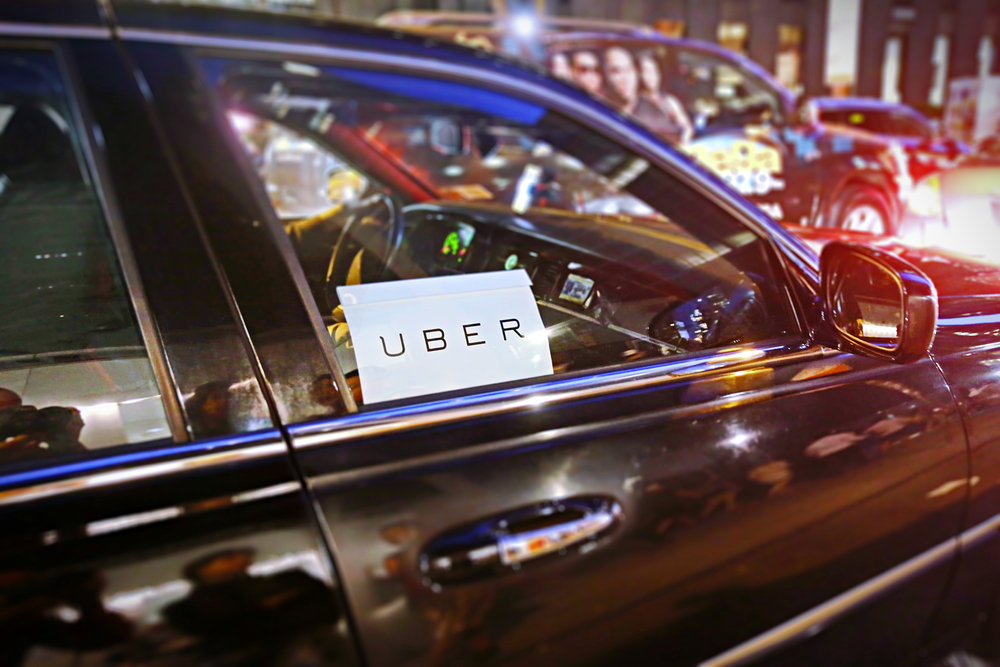You might not know this, but if it has not happened yet, you may be about to become a company of one.
Welcome to the gig (as in a musician doing a gig) economy. It is coming and faster than anyone expected. In fact, it is coming so fast that in 2050 more people will be in gig employment than conventional employment, according to Wired magazine.
I want to stand on my chair and utter three cheers for it. Except I can only muster two cheers.
In the gig economy workers become consultants, contractors, freelancers.
From the worker point of view, it is an end to conventional bosses, burdensome hours and fitting into a corporate culture.
For the firm outsourcing what used to be salary work, it is a freedom from the costs of employing, like healthcare and retirement plans, safety rules and regulations.
The poster example of gig employment is Uber. Let me say, parenthetically, that I love Uber in almost all ways: the convenience, the ride tracking, the clean cars and polite drivers.
Also, I love the idea that the personal automobile, a large capital investment for most, can be put to work.
It works almost as well for the owner of other capital-intense possessions, notably apartments and boats. Get a little back on your sunk investment. What could be better?
Not much, but there are problems. Primarily, the architecture of our society is not ready for the shift from corporate to private, from big to very small.
At the heart of this stage of the gig economy is the internet and its ability to bring the willing buyer, renter, seller and worker together.
Companies that have understood these uses of the internet have gone for the capital-intensive goods: boats, cars and homes. But at the low end, freelance workers are hooking up with customers who are seeking pure service plays like car detailing, dog walking, home computer assistance, house cleaning and repairs of all kinds.
Most of this should only worry the tax man. If you work for one of the ride-sharing services, like Uber or Lyft, the taxman knows all about you.
But if you are in a less-dragooned environment, tax collection halts. Do you withhold taxes from your house cleaner, for example?
One can understand why ride-sharing is beating the daylights out of the taxi business, and so what? Well, the problem is to use ride-sharing you need a credit card and a cell phone. The very poor, or those in temporary difficulties, do not have these. They need taxis.
The law has not caught up with new realities.
The promise of the gig economy is every worker is a contractor protected by a contract. The reality, as with the ride-sharing services, is that the internet company becomes an employer in all but name. The worker has given up the security of a job for the insecurity of entering into a contract he did not write and cannot amend. In weak economic times, the worker is vulnerable to a global system of serfdom.
It is easy to single out Uber, which has greatly improved the quality of life for passengers, and the usage of under-used assets. But what of the drivers? There are laws that govern the old workplace with wage-and-hour standards, workers’ compensation and conditions monitored by the Occupational Health and Safety Administration.
If you are semi-self-employed, say as a delivery contractor, the internet-facilitating company holds the whip hand when it comes to paying the drivers. Nowhere have I read that drivers really can make a living driving. A little extra, yes. The problem is the independent contractors are not so independent if they just have one customer — and that is not the passenger, but rather some ubiquitous computer network.
The gig economy knows and cares nothing about health care, sick leave, Social Security payments, tax collections, vacations and working conditions. It is free, it is exhilarating and it is the future. But it may be exploitative as well.

